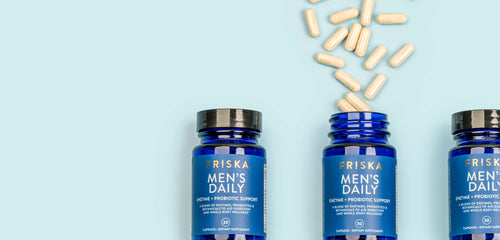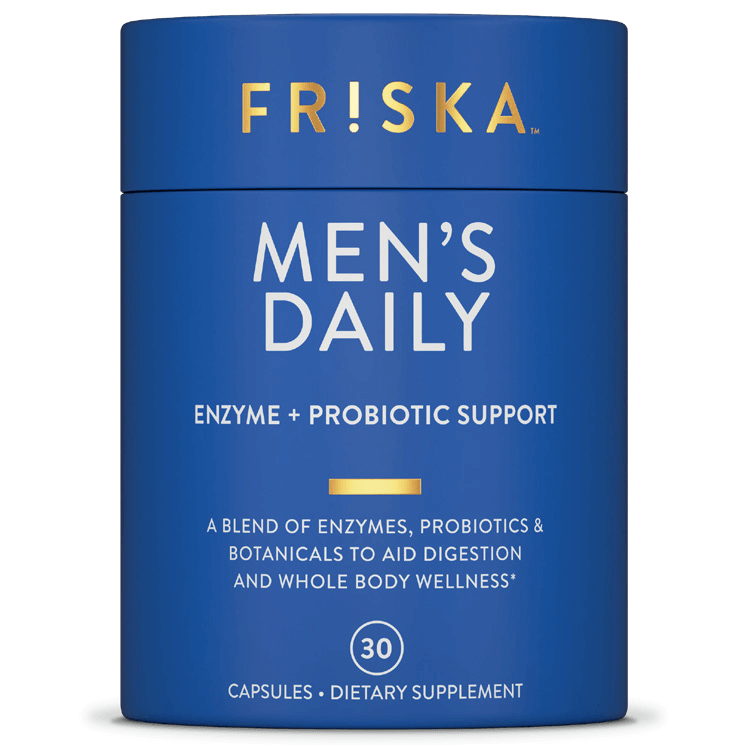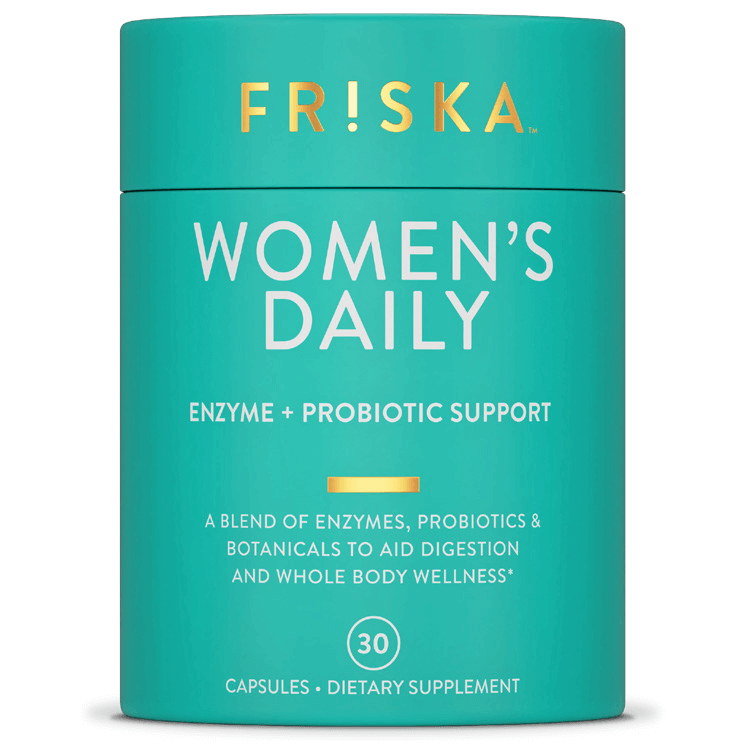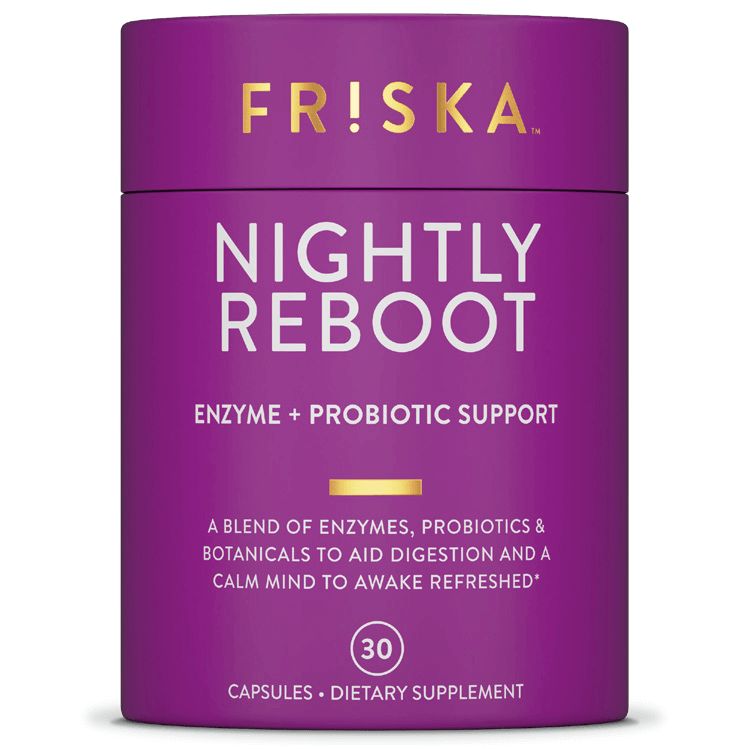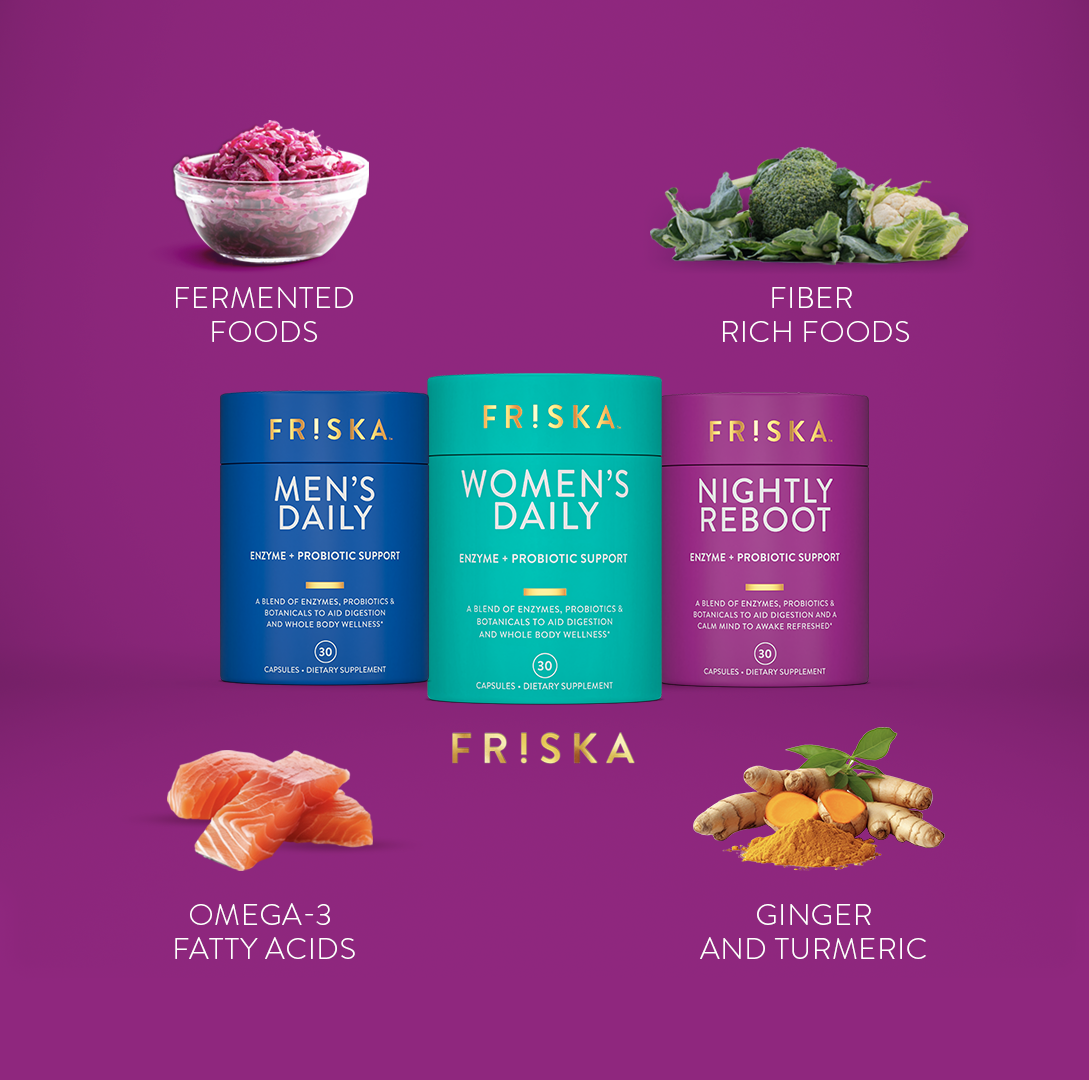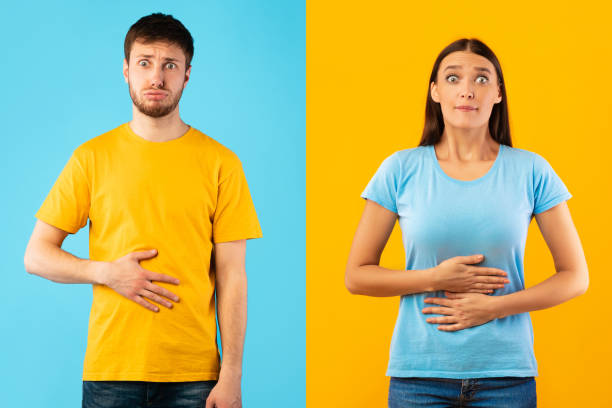With Thanksgiving just around the corner, even the fiercest of food warriors are preparing for digestive domination! Approaching your food in the same way an all-star athlete might approach a competition is essential. Understanding the game, the key players, and the tools at your disposal will prepare you for success.
THE GAME
Even before your first bite, digestion begins. The smell of all your favorite foods during a Thanksgiving feast jump start the digestive juices in your intestines, particularly within your stomach. As the first forkful, spoonful or fistful of food enters your mouth, chewing starts to mechanically break it down into smaller pieces. Chewing allows these smaller food particles to mix with your saliva, where the first digestive enzymes may start to breakdown the food into smaller more absorbable nutrients.
Swallowing the food bolus introduces your food to your stomach, where a larger variety of enzymes and other key players to help your make the most of your meal. As the food makes its way through your digestive tract, aided by substances and enzymes synthesized by your liver, pancreas, and small bowel, it continues to breakdown into smaller and smaller nutritional molecules. Most of these nutrients are absorbed in your small intestine.
The undigested portions of your meal, including the fiber and waste products, make their way into your large bowel, where they are stored until they are eliminated.
THE KEY PLAYERS
STOMACH ACID
In addition to facilitating breakdown of your food, stomach acid helps to activate several key enzymes that help liberate vitamins and minerals, digest food into the building blocks of energy, and facilitate absorption of key nutrients.
However, stomach acid can also cause symptoms, especially during periods of overindulgence. Overeating may build up of pressure in the stomach leading to dyspepsia, or even reflux of food and/or acid into the esophagus causing heartburn. To avoid these symptoms, avoid eating too quickly or too much. There are also other common culprit foods that can lead to symptoms, including spicy foods, acidic foods, alcohol and caffeine.
Think of stomach acid as the fans: It supports and cheers on the enzymes in their stomach stadium!
BILE
This substance is created in the liver, stored in the gallbladder, and excreted into your small bowel. It neutralizes the stomach acid that was helpful for digestion in the stomach but could cause damage to the remainder of the intestinal tract. It contains enzymes that further breakdown food, particularly fats, into its absorbable building blocks called lipids.
Think of bile as your defense: It protects your intestines from acid damage and acts as a shock absorber for tough to digest fats.
These little proteins are the most important players on the roster! They are your offense, and each enzyme plays a unique role to maximize the points your body scores, or the nutrients it absorbs.

These include amylase, maltase, lactase (the enzyme that helps digest milk sugar) and sucrase. They are found in your saliva, small bowel and pancreas.
These enzyme players rack up the biggest points. This is because for many of us, carbohydrates are the primary source of energy our bodies receive.
Pro tip: The more complex the carbohydrate, the slower it breaks down, and the smaller the spike in your blood sugar. Short term, favoring complex carbohydrates lead to less of a “crash” or “food coma”, and long term, help prevent excess sugars from being stored as fat. This Thanksgiving, be sure to reach for the baked sweet potatoes or roasted broccoli over the white bread stuffing or pumpkin pie!

Lipases are the enzymes that breakdown fat. They come from your pancreas, gallbladder and liver. If the gravy, dark turkey meat or green bean casserole are your favorites, be thankful for your lipases!
These enzyme players pack the most punch, since fat has the most calories per gram over any other energy source.
Pro tip: Not all fat is created equally. Mono- and polyunsaturated fats offer the most health benefits, including lowering cholesterol and preventing heart disease. So be sure to reach for a handful of nuts or cook with a plant-based oil.

Thanksgiving isn’t Thanksgiving without the turkey! That’s where the proteolytic enzymes including pepsin, trypsin and chymotrypsin come into play. They live in the stomach, and with the assistance of acid, help to break down proteins into smaller molecules including peptides and amino acids. Eventually, they make their way into the small bowel where they are absorbed into the bloodstream.
These enzymes players are the toughest, as they must endure the highly acidic stomach to do their job.
Pro tip: Protein helps keep you full, and lean protein allows you to fill up on fewer calories. Reach for the white meat, which has less fat, if your goal is fewer calories by the end of the meal.
ADDITIONAL TOOLS FOR SUCCESS
Enzymes are essential players in the Digestion Super Bowl. Most of our bodies are well adapted and prepared for this feast, even if we overdo it (a little). However, aging and certain medical conditions can lead to a decrease in enzymes over time, even a deficiency. To help in this year’s Thanksgiving battle, consider adding an enzyme supplement to your toolbox.
Better yet, combine your enzymes with probiotics. These friendly microorganisms help boost our metabolism and further optimize our bodies digestive processes. They can help prevent and treat a variety of common Thanksgiving symptoms, including diarrhea, bloating, gas and abdominal pain.
Just like any other athletic competition, don’t forget to hydrate! Adequate hydration helps our enzymes to function maximally, boosts our metabolism, keeps us alert, and promotes bowel regularity.
Now get out there, forks in hand, and eat confidently like the MVP that you are!


